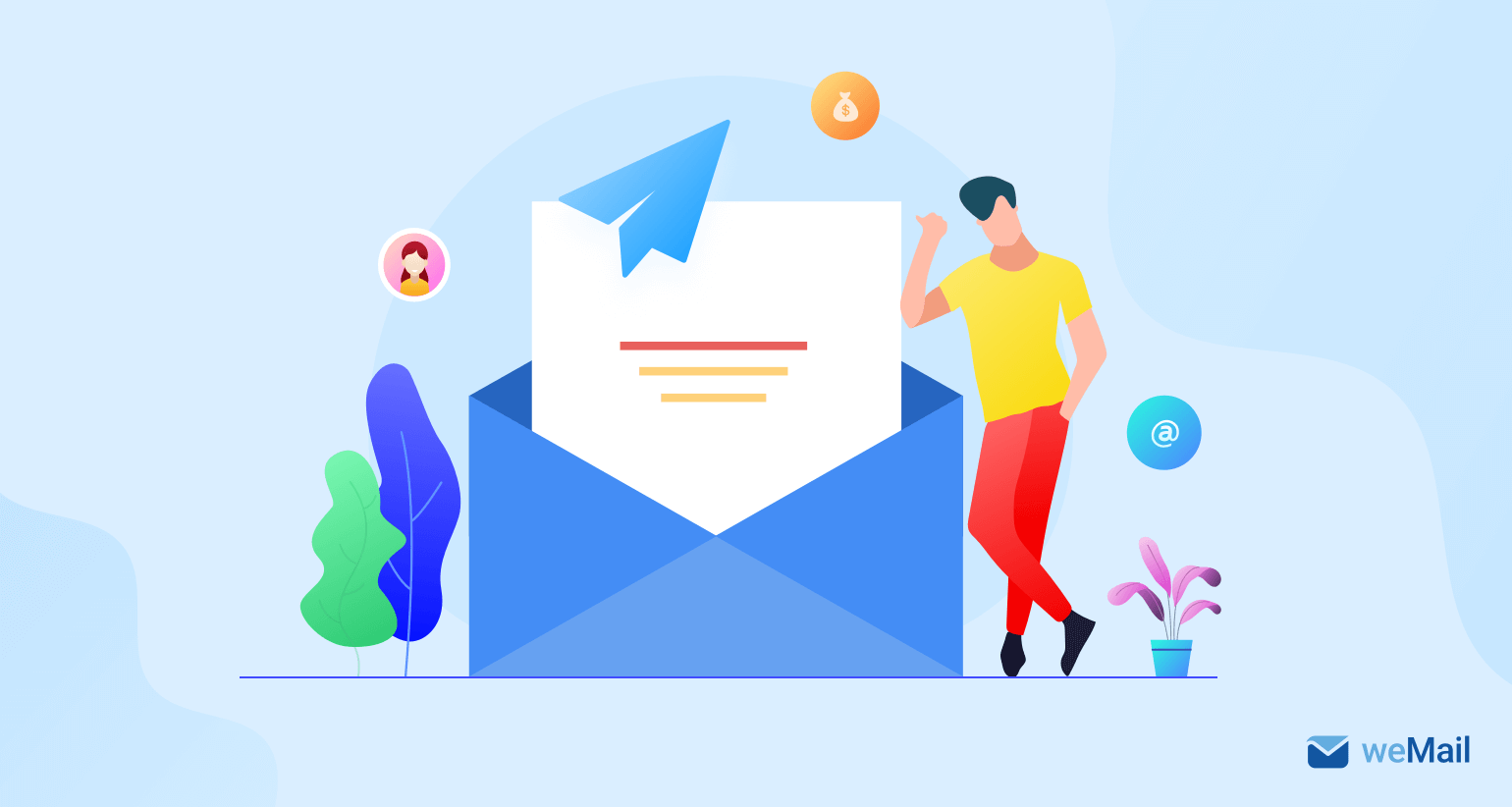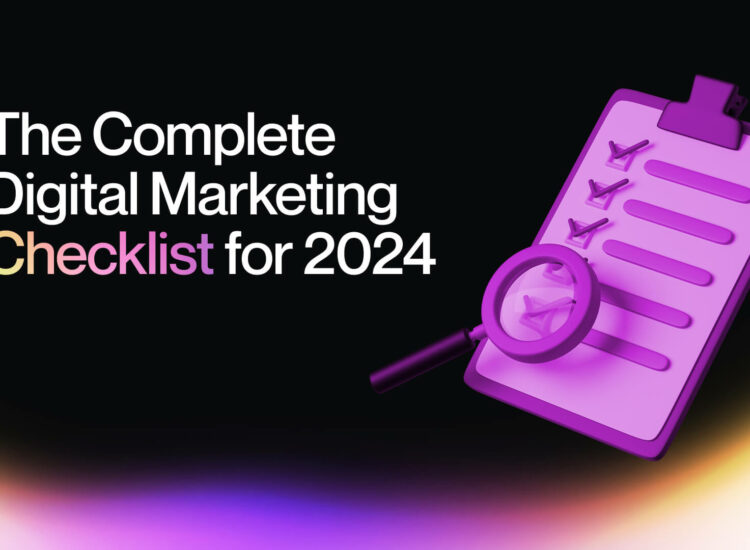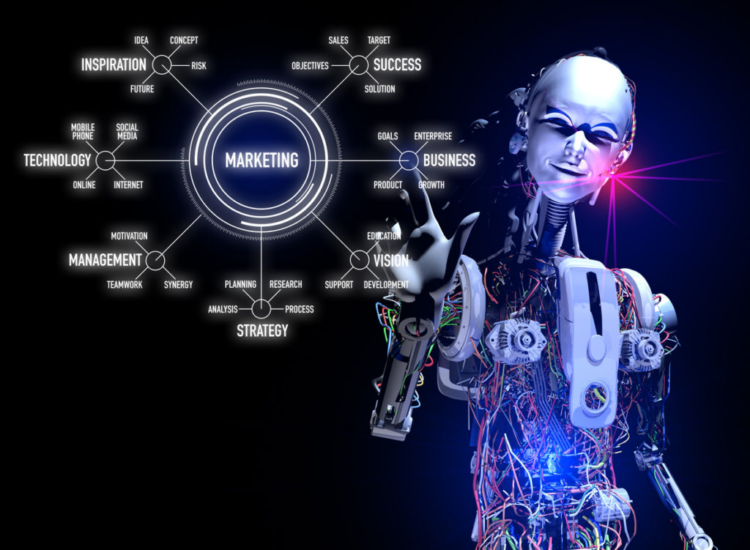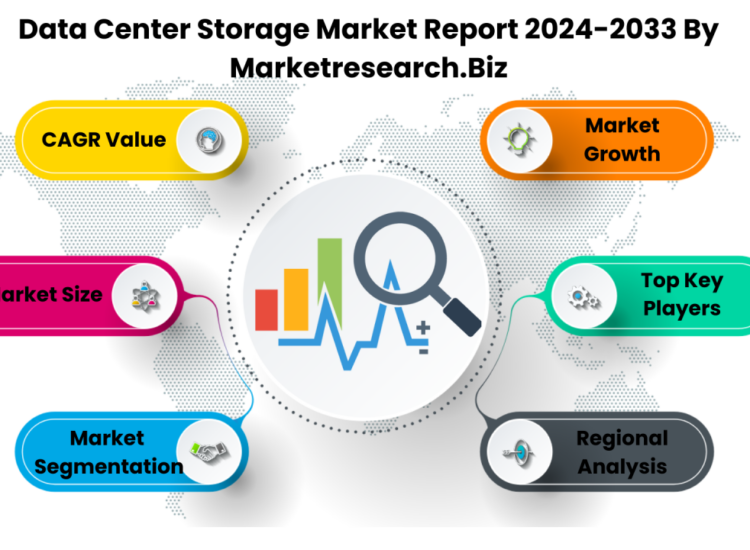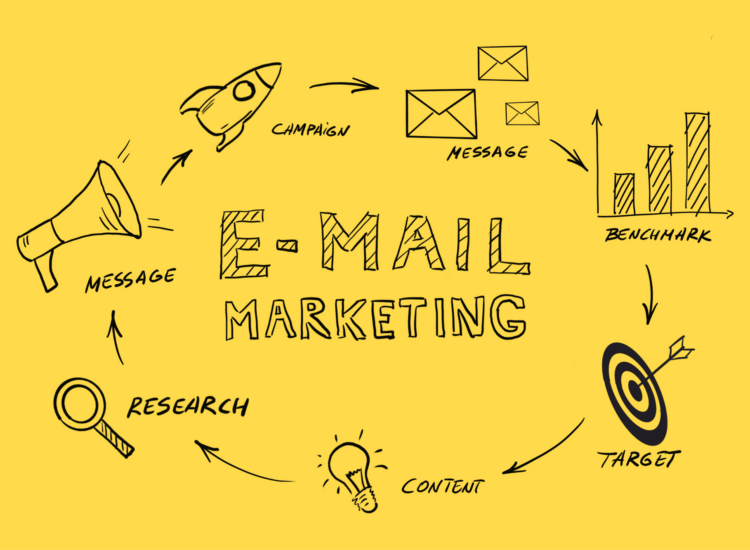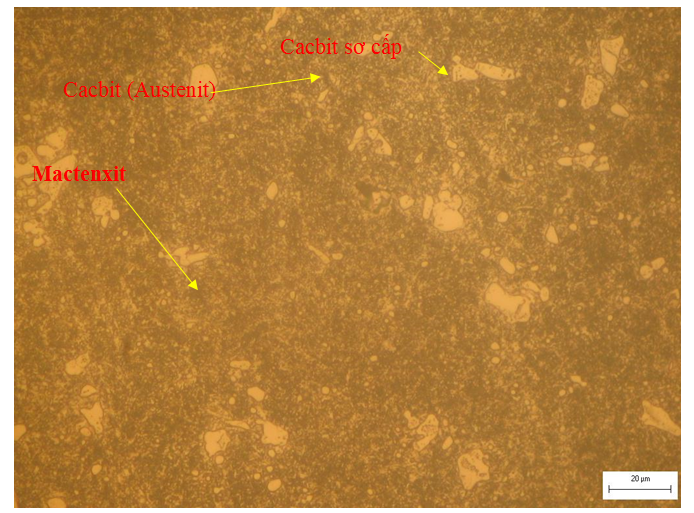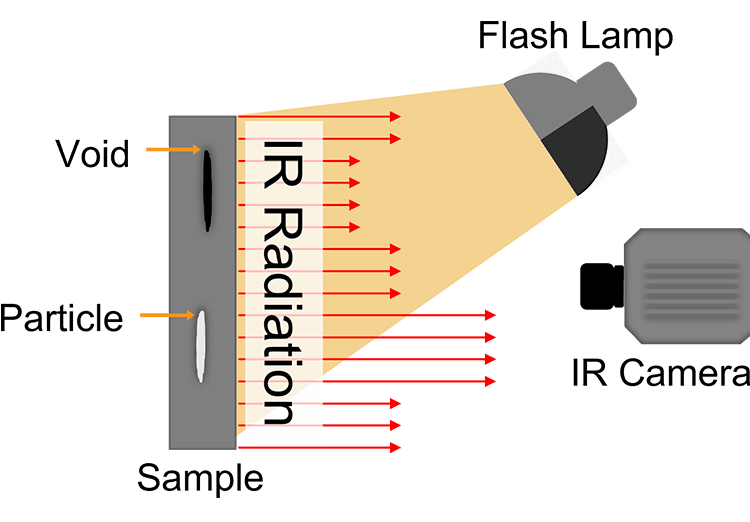AI email marketing is the future of personalized, data-driven communication with customers. By integrating artificial intelligence into email campaigns, businesses can now deliver highly targeted, relevant messages that resonate with individual recipients. AI algorithms can analyze vast amounts of customer data, including demographics, behavior, and preferences, to predict the optimal content, timing, and frequency of emails for each subscriber. This level of personalization not only improves open and click-through rates but also fosters stronger, more meaningful connections between brands and their audiences. Additionally, AI can automate many time-consuming tasks associated with email marketing, such as list segmentation, A/B testing, and performance tracking, allowing marketers to focus on strategy and creative development. As AI continues to advance, it will undoubtedly reshape the email marketing landscape, enabling businesses to achieve unprecedented levels of engagement, loyalty, and ROI.
Toc
For small businesses looking to supercharge their email campaigns, marketing professionals seeking an edge, or tech enthusiasts interested in the cutting-edge of email marketing, understanding and harnessing AI’s capabilities is crucial. This detailed exploration will take you through the why, what, and how of integrating AI into your email marketing strategy.
Understanding AI in Email Marketing
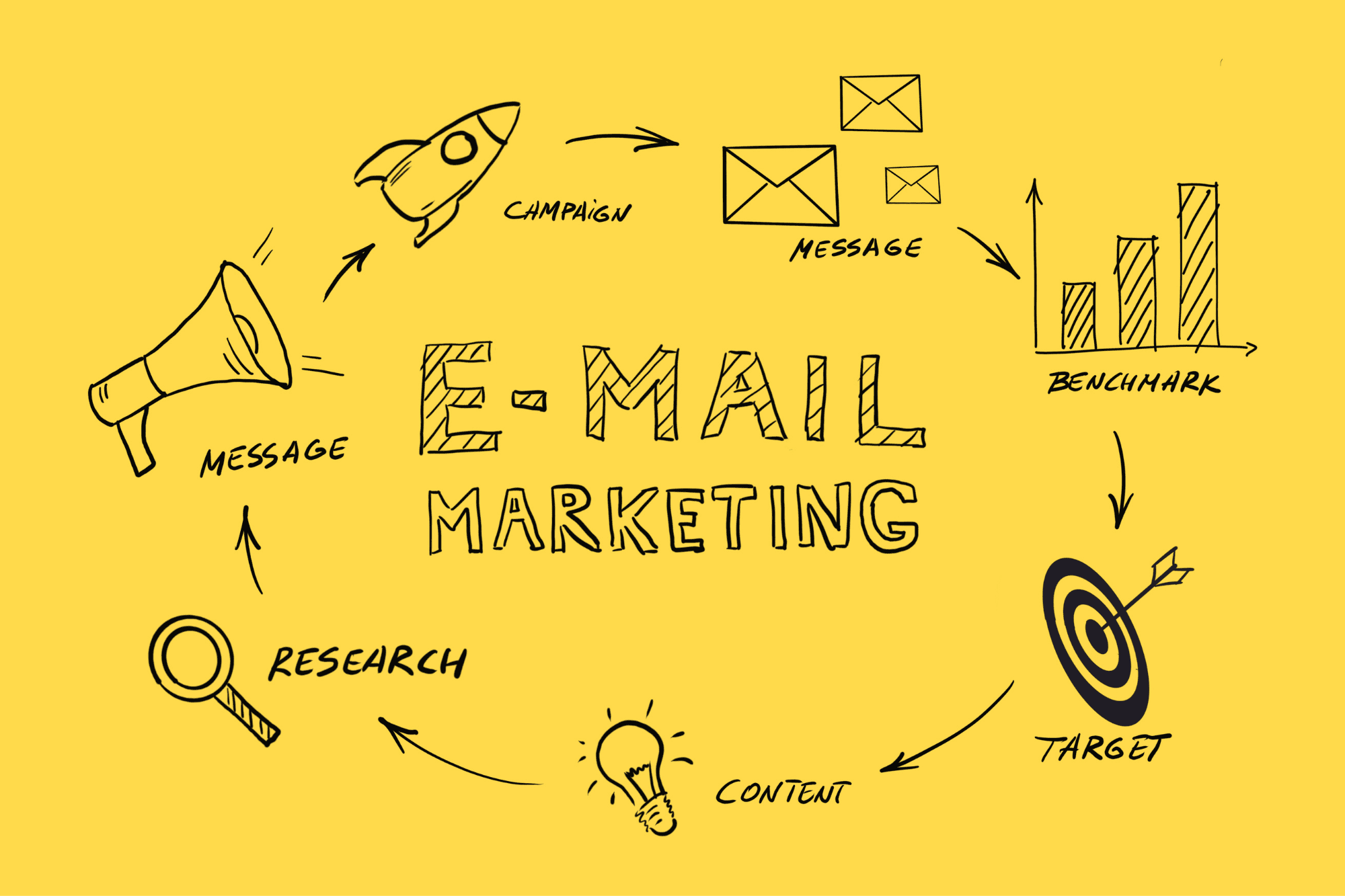
Artificial intelligence (AI) refers to the simulation of human intelligence in machines that are programmed to think and act like humans. AI has been making waves in various industries, including email marketing. It involves using algorithms, predictive analytics, and machine learning to analyze data and make decisions without explicit instructions.
AI can help email marketers automate tedious tasks such as list segmentation and content personalization, freeing up time for more important tasks like creative development and strategy planning. It can also assist with A/B testing by automatically identifying which variation performs better based on user engagement.
What is AI Email Marketing
AI email marketing refers to the use of artificial intelligence technologies to enhance and optimize email marketing strategies. By leveraging AI, marketers can create more personalized, efficient, and effective email campaigns that deliver better results.
Key aspects of AI email marketing include:
- Personalization: AI algorithms analyze customer data, such as demographics, behavior, and purchase history, to create highly targeted and personalized email content. This can include product recommendations, tailored offers, and individualized messaging.
- Optimization: AI helps optimize various elements of email campaigns, such as subject lines, send times, and content. By using machine learning and predictive analytics, AI can determine the best-performing combinations to improve open rates, click-through rates, and conversions.
- Automation: AI-powered automation streamlines email marketing processes, saving time and resources. This can include behavioral triggers that send targeted emails based on customer actions, dynamic content adaptation based on customer segments, and automated drip campaigns for lead nurturing and customer retention.
- Natural Language Processing (NLP): AI-powered NLP enables more human-like communication in email marketing. This can include personalized product descriptions, chatbot interactions, and intelligent email responses.
- Predictive Analytics: AI algorithms can predict customer behavior, preferences, and future actions. This allows marketers to proactively engage with customers, prevent churn, and identify upsell and cross-sell opportunities.
Benefits of AI in Email Marketing
The benefits of integrating AI into your email marketing strategy are numerous. Firstly, it allows for more efficient use of time and resources by automating processes that would otherwise
Implementing AI in Email Marketing
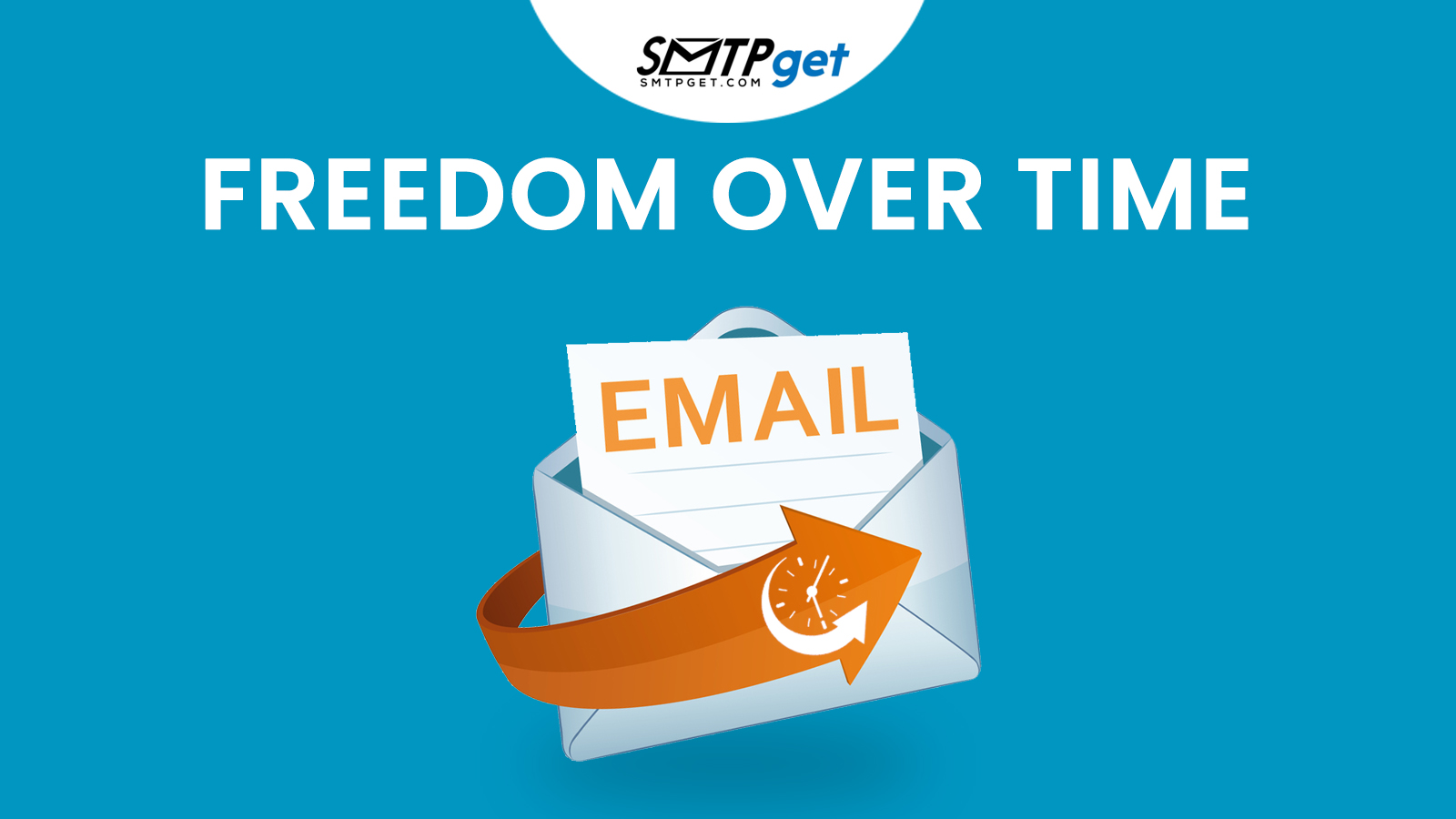
Implementing AI in your email marketing strategy can seem daunting, but with the right approach and tools, you can harness the power of AI to improve your email campaigns and drive better results. Here are some key steps to help you get started:
Identifying areas where AI can make an impact
- Analyze your current email marketing performance and identify areas for improvement
- Consider how AI can help with personalization, optimization, and automation
- Prioritize the areas where AI can have the most significant impact on your email marketing goals
Choosing the right AI tools and platforms
- Email marketing software with AI capabilities a. Look for email marketing platforms that offer built-in AI features, such as personalization, send time optimization, and automated A/B testing b. Examples include Mailchimp, Adobe Campaign, and Salesforce Marketing Cloud
- Third-party AI tools for email marketing a. Consider integrating specialized AI tools that focus on specific aspects of email marketing, such as subject line optimization or content creation b. Examples include Phrasee, Persado, and Automizy
Integrating AI into your existing email marketing workflow
- Assess your current email marketing workflow and identify where AI tools can be seamlessly integrated
- Ensure that your team is trained on how to use the AI tools effectively
- Develop a step-by-step plan for implementing AI, starting with a pilot project and gradually expanding to other areas
Measuring the success of your AI-powered email campaigns
- Establish key performance indicators (KPIs) to track the success of your AI-powered email campaigns
- Monitor metrics such as open rates, click-through rates, conversion rates, and revenue generated
- Use the insights gained from AI-powered analytics to continually refine and optimize your email marketing strategy
Personalization with AI
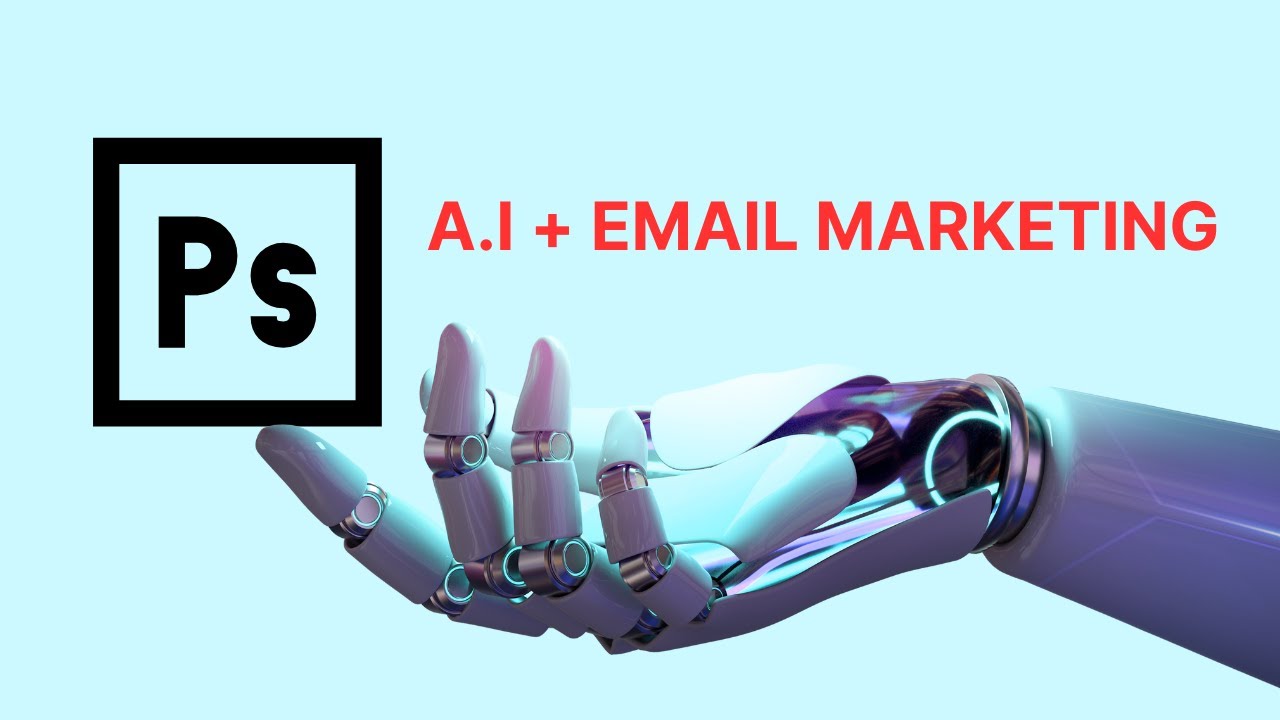
Personalization is no longer just a buzzword – it’s a necessity in email marketing. AI facilitates hyper-personalization by analysing customer data to understand their preferences, behaviours, and interests at a granular level. This allows marketers to segment their audience and deliver more targeted content and offers.
To achieve hyper-personalization, AI goes through the following steps:
Collecting and Analysing Customer Data
AI has the ability to process and understand large volumes of data at an incredible speed. It sifts through purchase histories, website interactions, social media activities, and more to build comprehensive customer profiles.
Creating Customer Segments
Once the data has been analysed, AI can automatically segment customers into categories such as high spenders, frequent purchasers, or those interested in a particular product category.
Tailoring Content and Offers
Using these segments, marketers can then tailor email content and offers to ensure that each email is relevant and compelling to the recipient.
Real-World Examples
Businesses are already seeing impressive results from AI-driven email personalization. For instance, online retailers can suggest products based on a customer’s browsing history and previous purchases, leading to higher conversion rates and increased customer satisfaction.
Optimizing Email Campaigns with AI
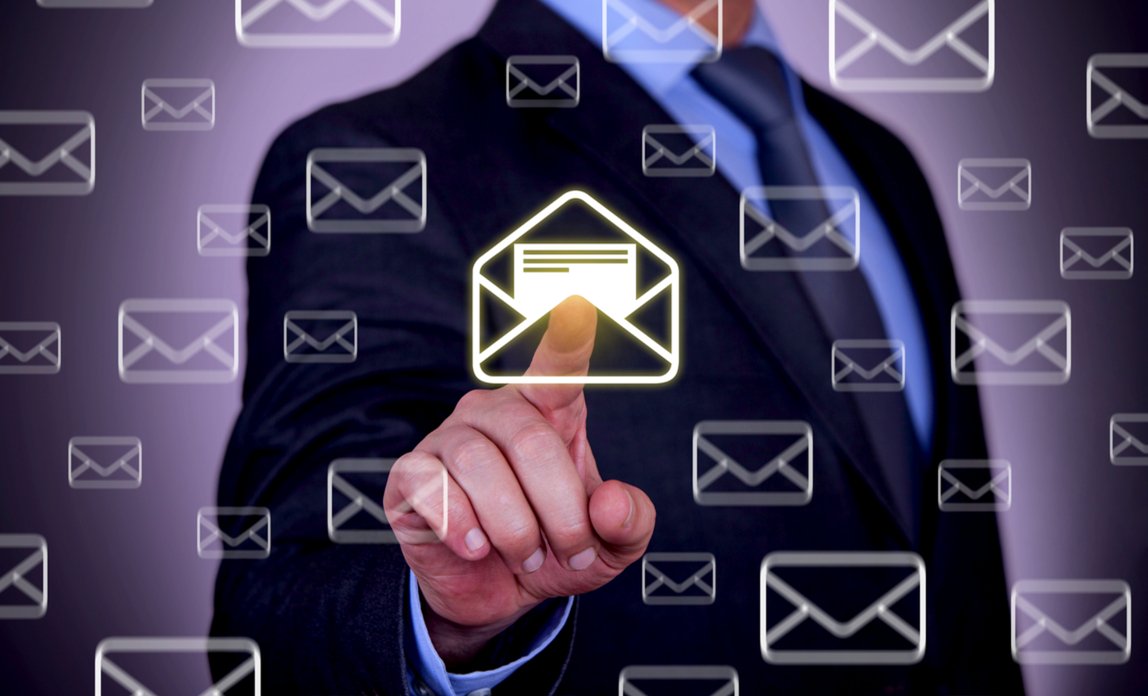
Email campaign optimization is a constant challenge, requiring a sharp eye and a willingness to experiment. AI makes this process more efficient and effective by offering insights into what works and what doesn’t.
Subject Line Optimization
The subject line is the first hurdle an email must overcome. AI can predict engagement levels with various subject line options, helping marketers to choose those that are likely to yield the best results.
Send Time Optimization
Determining the best time to send an email can significantly impact open and click-through rates. AI algorithms analyze recipient behavior to suggest optimum send times tailored to each individual.
Content Optimization
Beyond the subject line and timing, the content within an email plays a pivotal role in engaging the recipient. AI’s capacity for understanding intricate patterns in data can be leveraged to identify which types of email content perform best. This includes analyzing text length, tone, call-to-action placement, and imagery to ensure that each element of the email is optimized for engagement and conversion. Through continuous learning and adjustment, AI can help marketers craft emails that not only capture attention but also encourage action, making each campaign more effective than the last.
Analyzing Email Performance
The power of AI extends into the realm of performance analysis, offering a granular view of how recipients interact with emails. By tracking opens, clicks, conversions, and more, AI tools provide actionable insights that can inform future strategies. This data-driven approach enables marketers to refine their emails based on solid evidence of what resonates with their audience, leading to a continuous cycle of improvement and enhanced ROI.
In the fast-evolving landscape of email marketing, integrating AI offers a competitive edge. By harnessing these technologies, businesses can deliver more personalized, engaging, and effective email campaigns that drive results.
A/B Testing
With AI, A/B testing is elevated to a new level. Sophisticated algorithms can run multiple tests at once, and quickly determine the winning variant based on a variety of performance metrics.
Case Studies
A case study from a SaaS company demonstrated a 74% increase in email opens and a 117% increase in link clicks when using AI-generated subject lines over traditionally crafted ones.
Automation and AI in Email Marketing
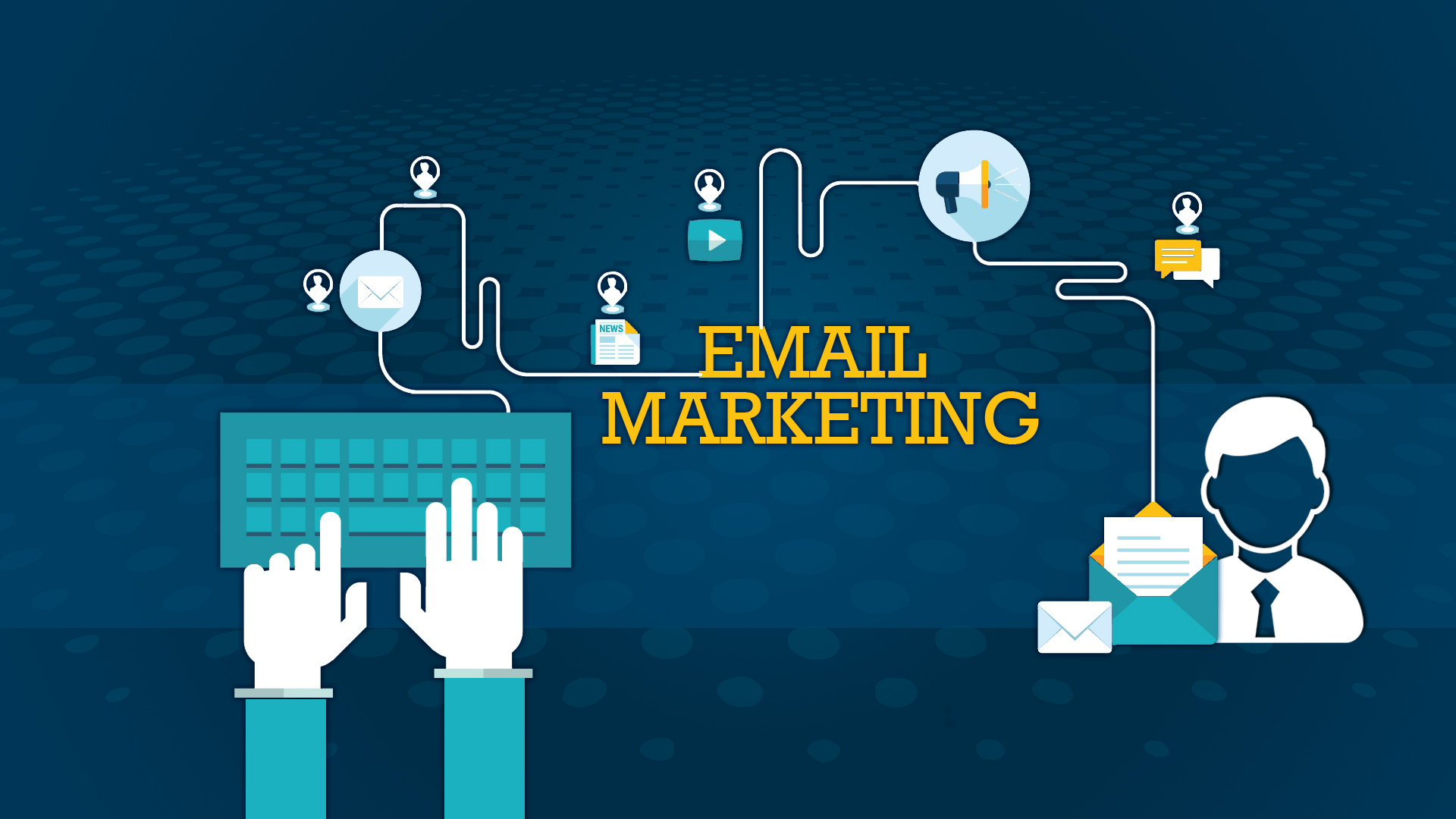
Email marketing automation allows for personalization at scale and timely engagement with minimal manual intervention. AI takes this to the next level by enabling advanced features such as:
Behavioral Triggers
Based on user behavior, AI can trigger emails with highly relevant content at just the right time, nudging customers down the sales funnel with a personal touch.
Predictive Analytics
Predictive analytics is another powerful facet of AI in email marketing. By analyzing past customer interactions, AI algorithms can forecast future behaviors and preferences. This predictive capability means marketers can anticipate a recipient’s needs and interests before they themselves are fully aware of them, leading to exceptionally timely and relevant email outreach.
- Product Recommendations: Tailored product suggestions can be sent to customers based on their predicted interests, increasing the likelihood of purchase.
- Customer Lifecycle Stages: AI can identify where a customer is in their lifecycle – be it an initial subscriber, a frequent purchaser, or at risk of churn. Marketers can then craft emails that are precisely aligned with each stage, effectively moving customers through the funnel or regaining their engagement.
The integration of predictive analytics into email marketing strategies not only enhances the personalization of content but also optimizes the timing of outreach. This dual advantage significantly improves the efficacy of email campaigns, driving higher engagement, conversion rates, and customer loyalty.
Predictive Analytics
Predictive analytics is another facet where AI significantly impacts email marketing. By analyzing past customer behavior and data trends, AI can forecast future actions with a reasonable degree of accuracy. This capability allows marketers to anticipate needs or interests and adjust their email strategies accordingly. For instance, if predictive analytics indicate a segment of your audience tends to purchase seasonal items, you can tailor your campaigns to highlight relevant products ahead of time, thereby increasing the likelihood of conversion.
Furthermore, AI-driven predictive analytics can help in identifying at-risk customers who are likely to churn. By sending personalized retention emails or offers, businesses can proactively engage these customers, potentially saving and even strengthening the relationship.
In summary, the integration of AI into email marketing transforms how businesses interact with their customers. From optimizing campaign elements to personalizing content at an individual level, AI enables a more efficient, effective, and ultimately more human customer engagement strategy. As technology advances, the potential for AI in email marketing continues to expand, promising even more innovative ways to connect with audiences and drive business growth.
Dynamic Content
Dynamic content changes within the email based on recipient data, allowing for truly personalized experiences that drive engagement.
Drip Campaigns
AI-powered drip campaigns can be finely tuned to respond to user interactions, ensuring that the series of emails delivered are always in sync with the recipient’s actions and interests.
Email Segmentation
AI takes email segmentation to a new level, moving beyond basic demographics to include behavioral and psychographic factors. By analyzing a recipient’s past interactions, content preferences, and even the times they are most likely to engage, AI can segment email lists with unparalleled precision. This results in more targeted and relevant email campaigns that resonate with each segment of an audience on a more personal level. For marketers, this means higher open rates, improved click-through rates, and increased conversion potential. AI-driven segmentation ensures that the right message reaches the right person at the right time, making every email feel like it was crafted specifically for each recipient.
Successful Examples
A travel company implemented AI-powered automation for its email marketing, resulting in a 25% increase in engagement rates and a 15% increase in sales through their email channel.
Implementing AI in Your Email Marketing Strategy
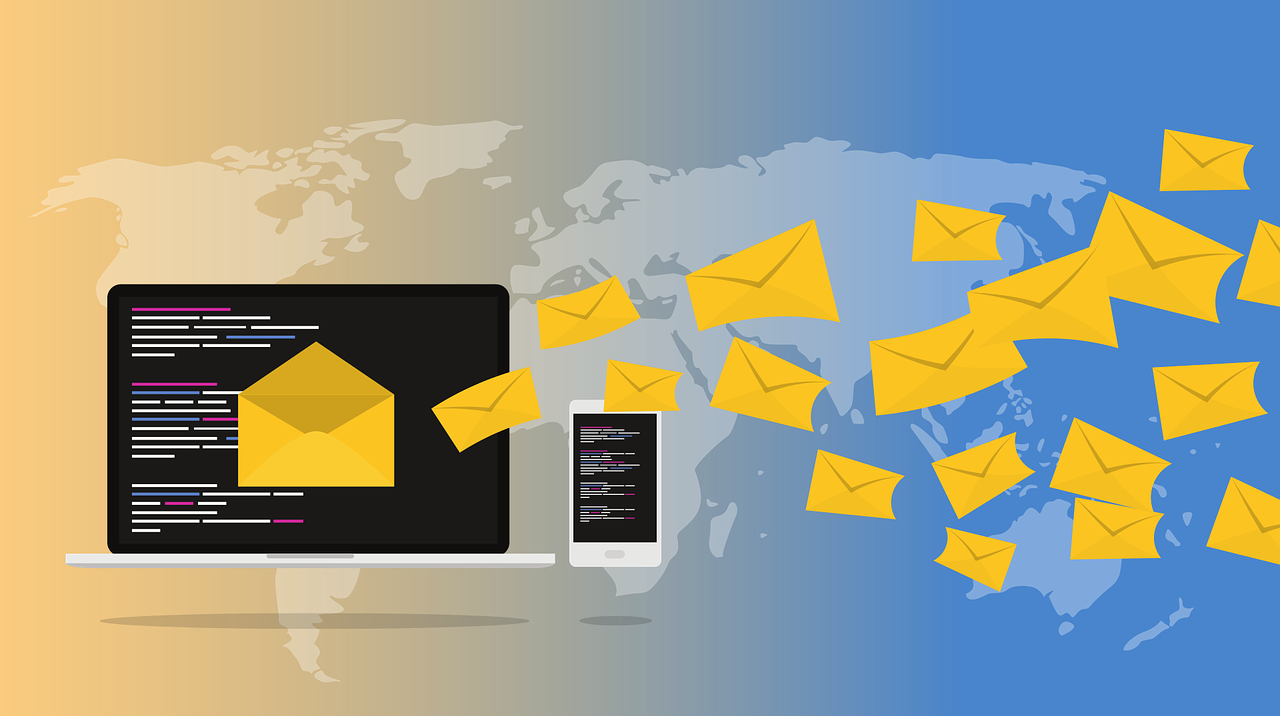
It’s one thing to understand the benefits of AI in email marketing; it’s another to implement it successfully. Here’s a step-by-step guide on how to make AI work for you.
Identify Impact Areas
Begin by identifying areas within your email marketing strategy where AI could provide the most benefit. This could be in the area of personalization, optimization, or automation.
Choosing the Right AI Tools and Platforms
There are two primary ways to incorporate AI into your email marketing efforts: through native AI capabilities within email marketing software or by integrating third-party AI tools and platforms.
Integrating AI Into Your Workflow
Once tools are selected, the next step is to integrate them seamlessly into your current email marketing workflow. This may involve training staff or working with consultants to set up and use the new systems effectively.
Measuring Success
The final step is to measure the success of your AI-powered email marketing campaigns. Look at key metrics such as open rates, click-through rates, conversion rates, and revenue generated to gauge the impact of AI on your efforts.
The Future of AI in Email Marketing
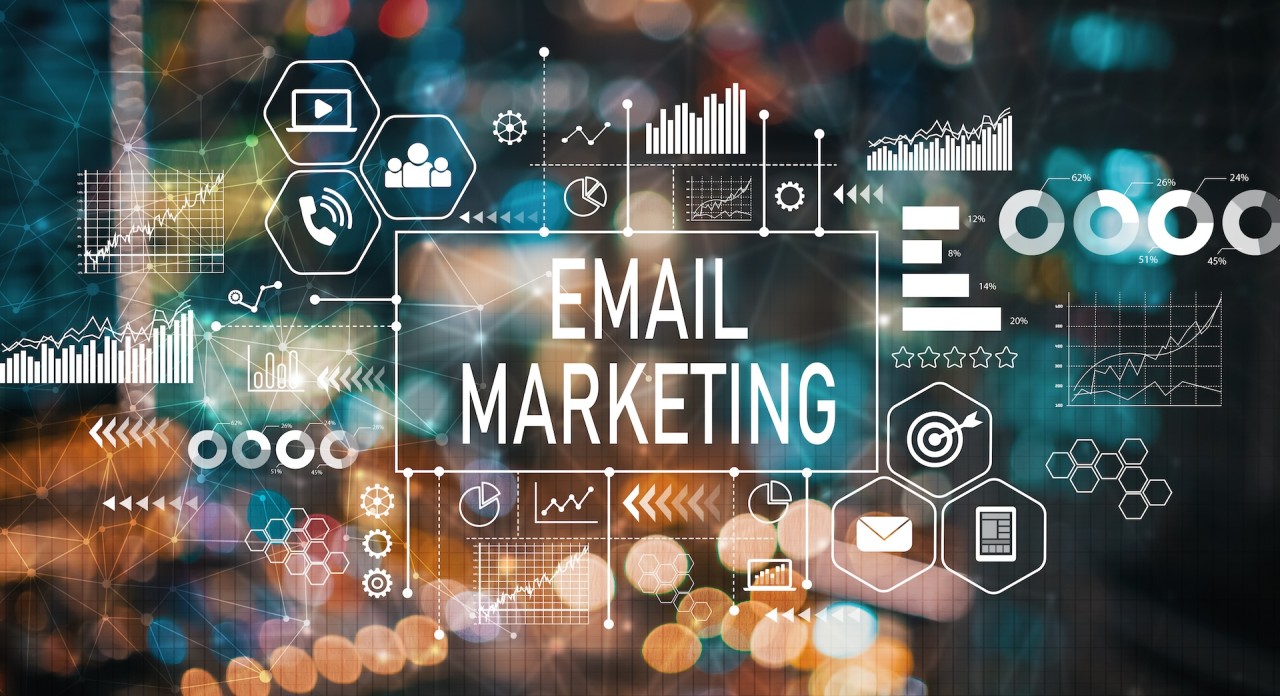
AI email marketing is an area that’s rapidly evolving. Understanding the emerging trends and innovations will be key to staying ahead of the competition.
Emerging Trends and Innovations
Some of the emerging trends include the use of AI for predictive content, more advanced user segmentation, and the integration of AI with other marketing platforms for a more unified customer experience.
Potential Challenges and Limitations
AI is not without its challenges. Marketers will need to contend with issues such as data privacy, maintaining brand voice in AI-generated content, and the potential for AI to get it wrong.
Staying Ahead of the Curve
The best way to stay ahead is through continuous learning and experimentation. Keep abreast of the latest developments, and be willing to test new technologies to see how they can benefit your email marketing strategy.
Conclusion
